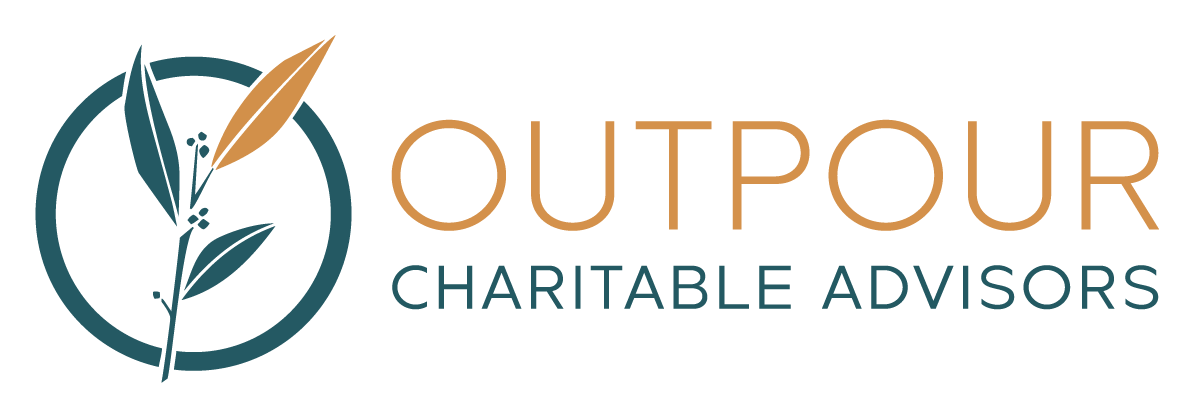
Our philanthropy is guided by the Principles of Social Justice Giving
Our Principles in Action
At Outpour, we are in service to movements, rather than directors. Our work is guided by the people and communities who are closer to the problems we aim to change.
Our holistic approach to unrestricted granting ensures that funds are used where needed most within an organization. At this time, our grant maximum is $50,000, but we encourage nonprofits to take their entire business costs into account when applying for a grant.
We are committed to the capacity-building and amplifying of marginalized voices, which is why more than 50% of our grant awards to go towards BIPOC led and serving organizations.
The top 5% of nonprofits receive 88% of all charitable donations. We aim to combat this funding gap by granting, first, to organizations that have annual budgets under $2 million.
Our grant application assessment rubric is accessible to the public to maintain transparency as to what we are looking for as grantmakers and hope to learn through the application.
Our philanthropy is greater than money. We utilize all of our resources to provide the 5 T’s of Charitable Giving: Time, Talent, Treasure, Social Ties, and, Testimony.
Principles of Trust-Based Philanthropy
-
Give Multi-Year, Unrestricted Funding
Unrestricted funding over time is essential for creating healthy, adaptive, effective organizations.
-
Do the Homework
It’s the funder’s responsibility to get to know prospective grantees, not the other way around.
-
Simplify & Streamline Paperwork
Support nonprofit staff to concentrate on their mission, rather than funder-driven paperwork.
-
Be Transparent & Responsive
Open, honest, and transparent communication minimizes power imbalances and helps move the work forward.
-
Solicit & Act on Feedback
Grantees provide valuable perspective that can help inform a funder’s support and services.
-
Offer Support Beyond the Check
Responsive, adaptive, non-monetary support helps foster healthier organizations by bolstering leadership and capacity.
Provided by the Trust-Based Philanthropy Project

